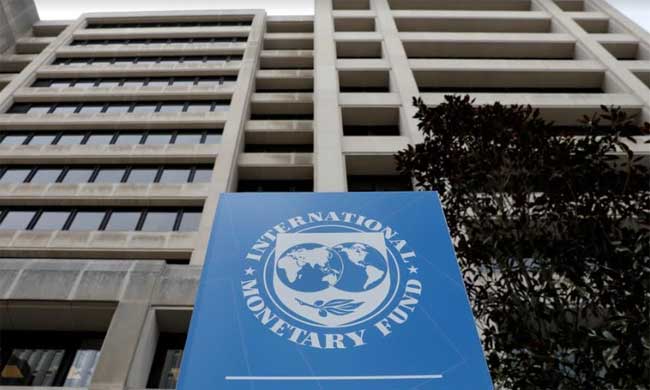
New Delhi [India], July 11 — The global public debt is expected to exceed 100 per cent of the GDP in 2020-21 and the average overall fiscal deficit is expected to soar to 14 per cent of the GDP, the International Monetary Fund (IMF) has warned.
The ongoing Covid-19 pandemic has already prompted an unprecedented fiscal policy response of close to 11 trillion dollars worldwide.
“But with confirmed cases and fatalities still rising fast, policymakers will have to keep the public health response their number one priority while retaining supportive and flexible fiscal policies, and preparing for transformational economic change,” wrote Chief Economist Gita Gopinath and Director of the IMF’s Fiscal Affairs Department Vitor Gaspar.
In the face of a sharp decline in global output, a massive fiscal response has been necessary to increase health capacity, replace lost household income and prevent large-scale bankruptcies.
“But the policy response has also contributed to global public debt reaching its highest level in recorded history, at over 100 per cent of global GDP, in excess of post-World War II peaks,” they wrote in a blogpost.
While the trajectory of public debt could drift up further in an adverse scenario, pulling back support too soon could stall recovery. Instead, fiscal policies need to remain supportive and flexible with an eye toward climate-friendly investments and tackling inequality through both spending and taxation.
Some emerging market economies may face a costly debt rollover if financial conditions tighten again, like they did in March, said the IMF officials.
And the most vulnerable low-income developing economies, many of which were already facing a high risk of debt distress prior to the crisis, will need sustained support from the international community to ensure that they can respond to the pandemic and contain the rise of poverty and inequality, they said.
Gopinath and Gasper said in the absence of an effective vaccine or therapeutic to overcome the health crisis, uncertainty remains on the path of recovery. As such, fiscal policy will need to remain accommodative and flexible to better protect people, support firms and facilitate the transition to a more resilient digital and green economy.
Once an effective solution to the health crisis is available worldwide, and countries exit the great lockdown durably and safely, the policymakers will need to address structural weaknesses exposed by the crisis, they wrote.